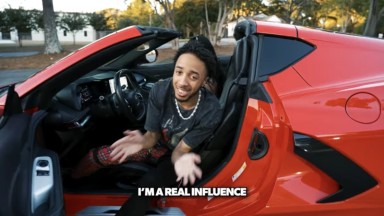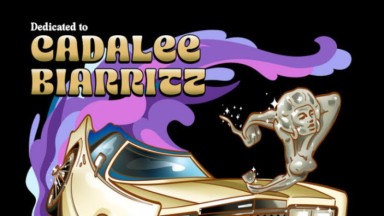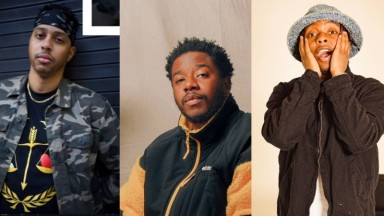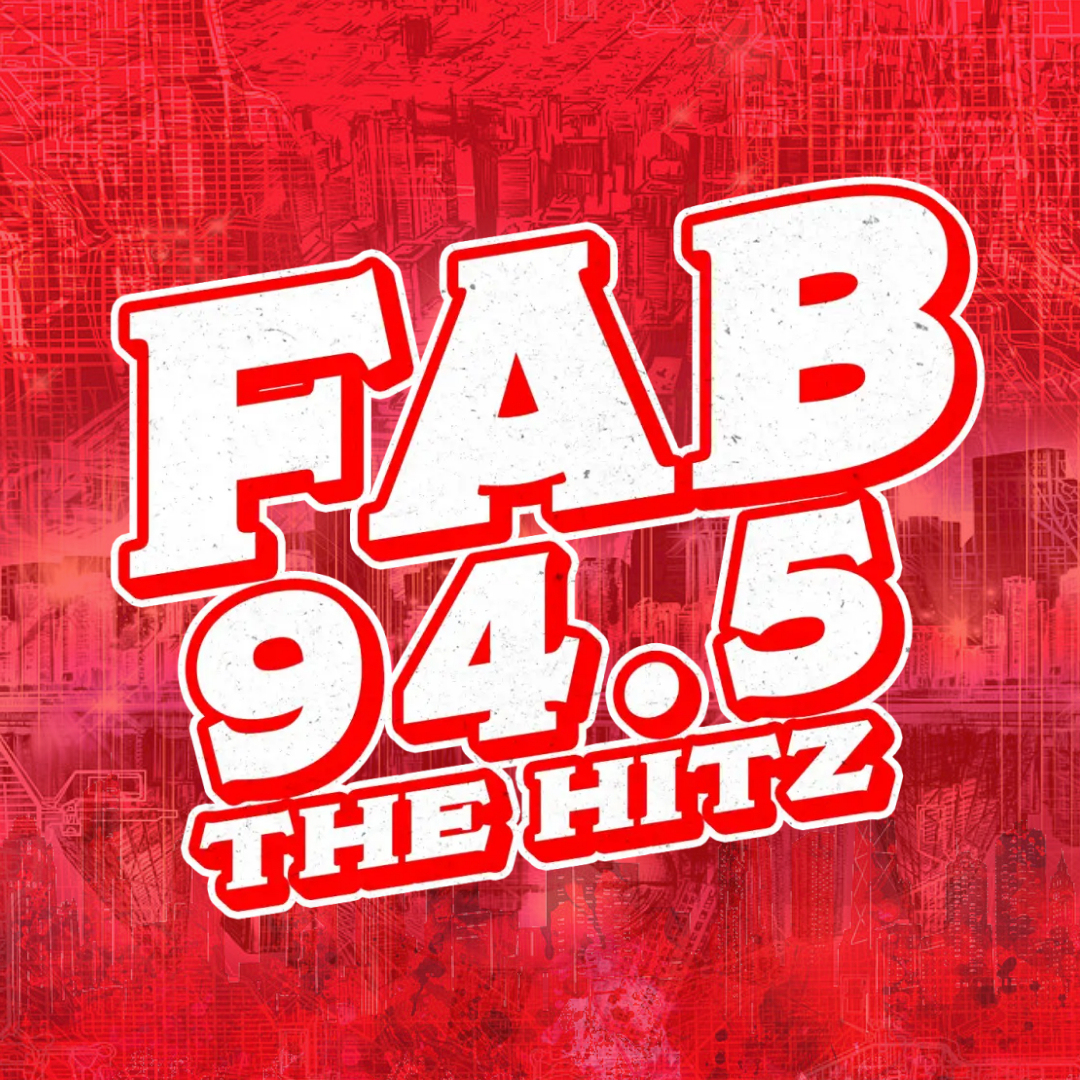Drake vs UMG: The Legal Battle Behind Kendrick Lamar’s “Not Like Us” Written by GerryPthaDJ
Published on Aug 07, 2025
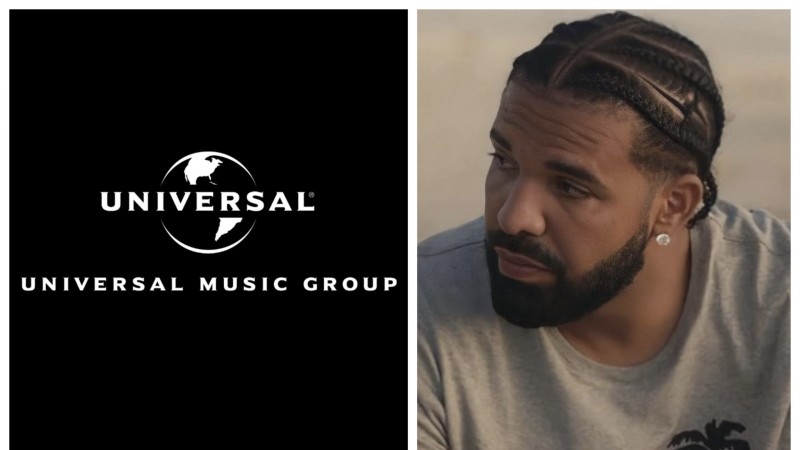
What started as one of the most talked-about rap feuds in recent history has now evolved into a high-stakes legal battle. Drake, no stranger to lyrical warfare or industry controversy, has taken things far beyond the microphone. The Canadian artist has filed a defamation lawsuit against Universal Music Group (UMG), claiming the label engaged in deceptive tactics to boost Kendrick Lamar’s hit “Not Like Us” while damaging Drake’s reputation in the process.
On Wednesday, August 6, U.S. District Judge Jeanette A. Vargas granted Drake’s legal team permission to serve a key witness through alternative means, after months of unsuccessful attempts to locate him in person. The man in question, Kojo Menne Asamoah, is accused of having direct involvement in an alleged campaign to artificially inflate streaming numbers using bots and third-party services.
This isn’t just a hip-hop dispute. It’s a story that cuts to the heart of music industry integrity, digital manipulation, and public perception.
The Allegations: Behind the Streams
According to newly surfaced court documents, Drake’s legal team believes Asamoah played a pivotal role in what they describe as a covert promotional scheme. They allege that:
- Asamoah possesses detailed knowledge of UMG’s behind-the-scenes strategies to boost “Not Like Us.”
- He was involved in directing payments or financial incentives to third-party vendors responsible for deploying bots that artificially inflated streaming data.
- This manipulation helped Kendrick Lamar’s single dominate streaming platforms and charts, giving it the appearance of massive organic success.
Drake’s lawyers argue that this not only skewed the metrics, but also manipulated public opinion in a way that harmed his career, brand, and legacy.
Despite hiring private investigators, Drake’s legal team has been unable to serve Asamoah in person. Now, with the judge’s approval, they are moving forward with certified mail, email, and door-posting in an effort to secure his testimony.
Context: The Cultural & Industry Shockwaves
“Not Like Us” exploded during one of the most aggressive back-and-forths in hip-hop since the Nas vs. Jay-Z era. The song not only became a viral anthem but symbolized a cultural moment — a shift that many perceived as Kendrick striking a decisive blow in the feud.
But if Drake’s claims hold weight, that victory might not have been as clean as it seemed.
The music industry has long wrestled with the issue of botting, where automated scripts or fake accounts are used to inflate streaming numbers, social engagement, or fan metrics. Platforms like Spotify and Apple Music have cracked down on these practices, but enforcement remains inconsistent. What makes this case different is the allegation that a major record label may have actively funded such tactics.
What’s at Stake?
This case could set a precedent with far-reaching consequences:
What started as one of the most talked-about rap feuds in recent history has now evolved into a high-stakes legal battle. Drake, no stranger to lyrical warfare or industry controversy, has taken things far beyond the microphone. The Canadian artist has filed a defamation lawsuit against Universal Music Group (UMG), claiming the label engaged in deceptive tactics to boost Kendrick Lamar’s hit “Not Like Us” while damaging Drake’s reputation in the process.
On Wednesday, August 6, U.S. District Judge Jeanette A. Vargas granted Drake’s legal team permission to serve a key witness through alternative means, after months of unsuccessful attempts to locate him in person. The man in question, Kojo Menne Asamoah, is accused of having direct involvement in an alleged campaign to artificially inflate streaming numbers using bots and third-party services.
This isn’t just a hip-hop dispute. It’s a story that cuts to the heart of music industry integrity, digital manipulation, and public perception.
The Allegations: Behind the Streams
According to newly surfaced court documents, Drake’s legal team believes Asamoah played a pivotal role in what they describe as a covert promotional scheme. They allege that:
- Asamoah possesses detailed knowledge of UMG’s behind-the-scenes strategies to boost “Not Like Us.”
- He was involved in directing payments or financial incentives to third-party vendors responsible for deploying bots that artificially inflated streaming data.
- This manipulation helped Kendrick Lamar’s single dominate streaming platforms and charts, giving it the appearance of massive organic success.
Drake’s lawyers argue that this not only skewed the metrics, but also manipulated public opinion in a way that harmed his career, brand, and legacy.
Despite hiring private investigators, Drake’s legal team has been unable to serve Asamoah in person. Now, with the judge’s approval, they are moving forward with certified mail, email, and door-posting in an effort to secure his testimony.
Context: The Cultural & Industry Shockwaves
“Not Like Us” exploded during one of the most aggressive back-and-forths in hip-hop since the Nas vs. Jay-Z era. The song not only became a viral anthem but symbolized a cultural moment — a shift that many perceived as Kendrick striking a decisive blow in the feud.
But if Drake’s claims hold weight, that victory might not have been as clean as it seemed.
The music industry has long wrestled with the issue of botting, where automated scripts or fake accounts are used to inflate streaming numbers, social engagement, or fan metrics. Platforms like Spotify and Apple Music have cracked down on these practices, but enforcement remains inconsistent. What makes this case different is the allegation that a major record label may have actively funded such tactics.
What’s at Stake?
This case could set a precedent with far-reaching consequences:
- For Artists:
If the courts confirm that artificial inflation was used against Drake, it will change how artists approach public competition. It may lead to more transparency demands and legal protections around data reporting. - For Labels:
A finding against UMG could open the door to investigations into broader marketing practices and prompt calls for regulatory oversight of digital promotions in the entertainment space. - For Streaming Platforms and Charting Agencies:
The credibility of Billboard, Spotify, Apple Music, and others could come under scrutiny if it’s proven that manipulated data helped shape the success of a record like “Not Like Us.” - For the Culture:
Hip-hop has always thrived on authenticity. If a pivotal moment like Kendrick’s supposed “victory lap” was built on artificial hype, it raises questions about how the genre’s legacy is being shaped in the algorithm age.
Final Thoughts: This Is Bigger Than Beef
This case marks a critical shift from diss tracks to depositions. While fans and commentators have debated who won the lyrical war, Drake is now asking the courts to determine who was pulling strings behind the scenes.
Whether Asamoah’s testimony will confirm or contradict Drake’s claims remains to be seen. But one thing is clear: this isn’t just about Kendrick Lamar. This is about how music is marketed, monetized, and manipulated in the digital era.
Drake’s team is clearly looking to shine a light on what they see as a dark underbelly of the music industry. As the case unfolds, the hip-hop community — and the entire entertainment world — will be watching closely.
Stay tuned to FAB 94.5 The Hitz and GerryPthaDJ for more updates on this developing story.
For full music reviews, industry news, and cultural commentary, visit fab945thehitz.com
ions around data reporting.
- For Labels:
A finding against UMG could open the door to investigations into broader marketing practices and prompt calls for regulatory oversight of digital promotions in the entertainment space. - For Streaming Platforms and Charting Agencies:
The credibility of Billboard, Spotify, Apple Music, and others could come under scrutiny if it’s proven that manipulated data helped shape the success of a record like “Not Like Us.” - For the Culture:
Hip-hop has always thrived on authenticity. If a pivotal moment like Kendrick’s supposed “victory lap” was built on artificial hype, it raises questions about how the genre’s legacy is being shaped in the algorithm age.
Final Thoughts: This Is Bigger Than Beef
This case marks a critical shift from diss tracks to depositions. While fans and commentators have debated who won the lyrical war, Drake is now asking the courts to determine who was pulling strings behind the scenes.
Whether Asamoah’s testimony will confirm or contradict Drake’s claims remains to be seen. But one thing is clear: this isn’t just about Kendrick Lamar. This is about how music is marketed, monetized, and manipulated in the digital era.
Drake’s team is clearly looking to shine a light on what they see as a dark underbelly of the music industry. As the case unfolds, the hip-hop community — and the entire entertainment world — will be watching closely.
Stay tuned to FAB 94.5 The Hitz and GerryPthaDJ for more updates on this developing story.
For full music reviews, industry news, and cultural commentary, visit fab945thehitz.com
